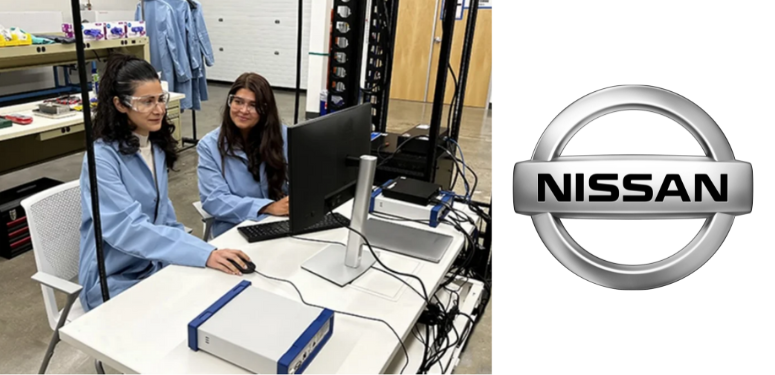California, USA – Nissan recently revealed that executives in California’s Bay Area are using artificial intelligence to speed up research into automotive materials.
According to the automaker, researching and testing new materials for car parts took 20 years and a lot of trial and error. However, using AI simulation, this period can be reduced to just two years, making him 1,000 times faster than before.
“Machine learning and AI allow us to quickly simulate material properties in far more cases than can be tested experimentally,” said Bala Radhakrishnan, lead researcher on the simulation. “It helps us sample millions of materials and screen candidates based on desired properties.”
Unlike other popular AI models like ChatGPT that use generative learning to produce results, Nissan says its AI simulates millions of automotive materials and runs tests on them. It claims to be a type of machine learning that predicts the most ideal characteristics.
Once the AI filters the content for properties such as material strength, temperature, and conductivity, human engineers interpret the data and test the materials to validate the results.
Nissan plans to use AI models and machine learning capabilities to advance the development of solid-state batteries for future electric vehicles. Specifically, automakers plan to bring AI-developed solid-state batteries to the market by 2028.
